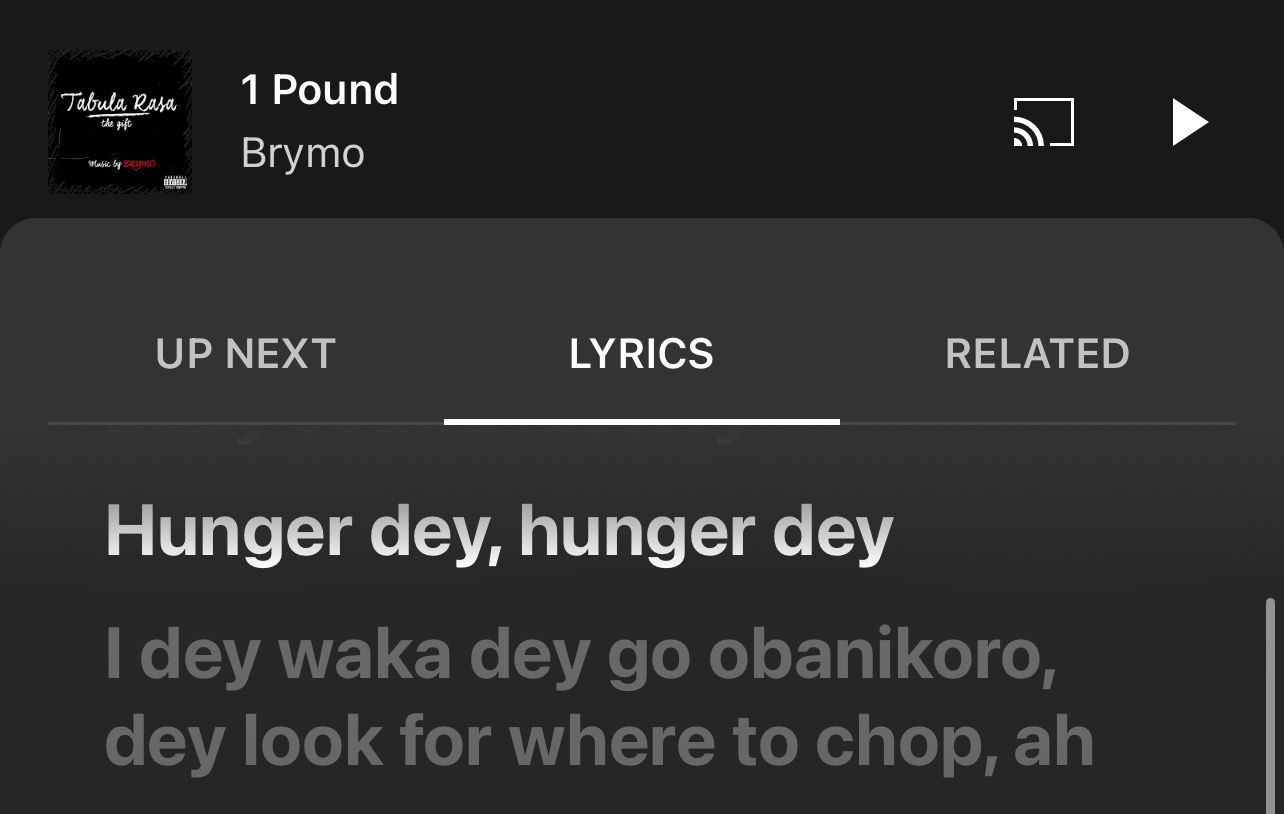Sometimes hunger sharpens the senses - day 22
If you go long enough without food, a number of things start to happen. Your body slows down, your mind gets foggy, and you start to feel strange in a way that’s hard to describe—lightheaded, disconnected, like you’re slipping out of sync with the world around you. The body needs glucose to function, and without it, things start to fall apart. That’s the basic rule, right? You need energy. You need sustenance. And yet, fasting is something people choose to do. Not just religious people—fitness enthusiasts, wellness gurus, even certain philosophers. They swear by it. They call it discipline. They call it cleansing. They say it keeps you sharp. But at its core, fasting is deprivation. And deprivation is an interesting thing.
What is deprivation if not a form of sacrifice? And what is sacrifice if not the choice to forgo something now for the sake of something later? That’s the logic of it. The underlying structure. You don’t eat now because of some imagined future where the absence of food today means something better tomorrow. It’s the same with work. When God cast Adam and Eve out of the Garden, the one thing He left them with was work. And what is work if not another kind of sacrifice? The effort you put in now is meant to yield something in the future. That’s the whole premise. You trade the comfort of the present for the possibility of something else, something better, something not yet seen.
Hunger forces you into that space. It makes you confront the gap between where you are and where you want to be. It strips away the distractions, the noise, the illusions of comfort, and forces you to reckon with the raw mechanics of survival. When you are hungry—truly hungry, not just peckish or craving something, but hollowed out by absence—you see things differently. Your mind sharpens, but not in a pleasant way. It sharpens like a blade pressed against something hard, grinding itself into a finer edge. It strips away the unnecessary. You become acutely aware of what matters and what doesn’t.
Because hunger is not just about food. It’s about the willingness to endure absence. To wait. To resist the pull of instant relief. Hunger is discipline, but not in the aspirational, self-help kind of way. It’s discipline in the most basic, brutal sense: the refusal to give in, the commitment to endure discomfort without knowing exactly when—or even if—it will end. It’s not about proving anything. It’s about surviving something. Holding on long enough to see what’s on the other side.
And sometimes, hunger clarifies things in a way that nothing else can. Because hunger is work, and hunger is belief. Hunger is the understanding that the present moment is not the final one, that the discomfort of now does not define the entire arc of a life. But it’s also a warning. A single bad decision can undo months of effort. A series of bad decisions can set you back so far that you barely remember what moving forward feels like. If you don’t pay attention, if you don’t stay aware, hunger becomes something else entirely—something that consumes rather than refines.
So, maybe hunger is sacrifice. Maybe it’s discipline. Maybe it’s just another version of waiting. Either way, it demands something from you. And what you do with that demand—whether you resist it, give in to it, or let it shape you—determines where you end up.

